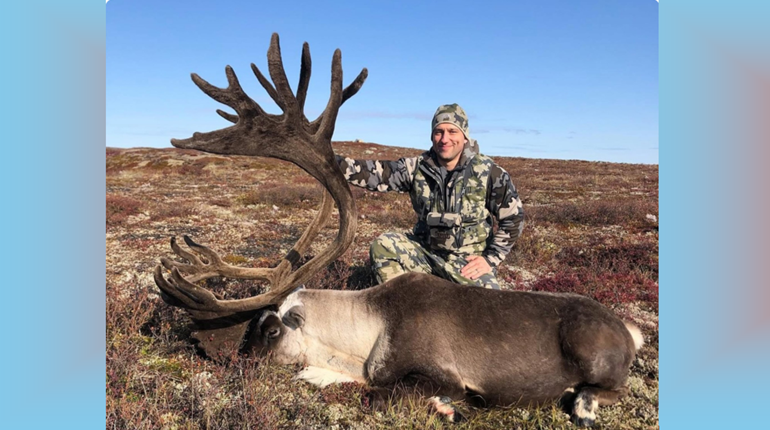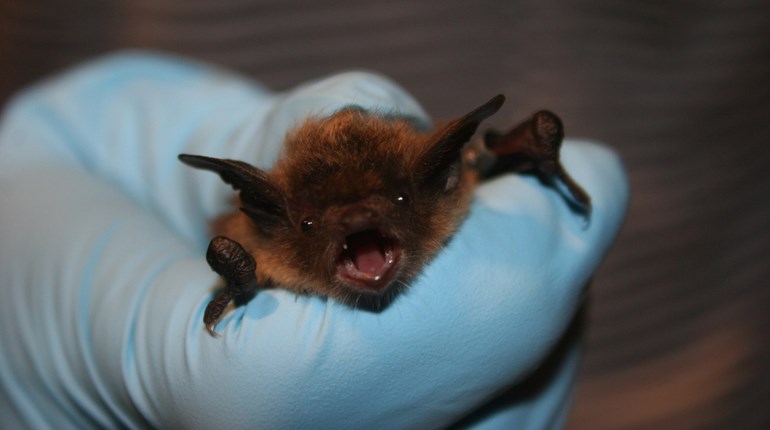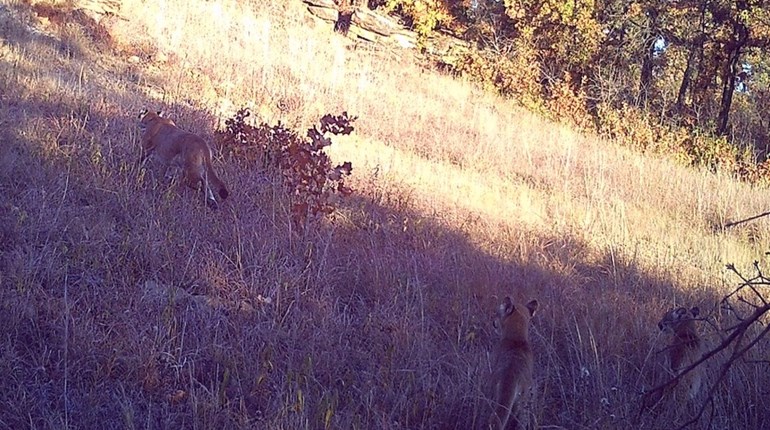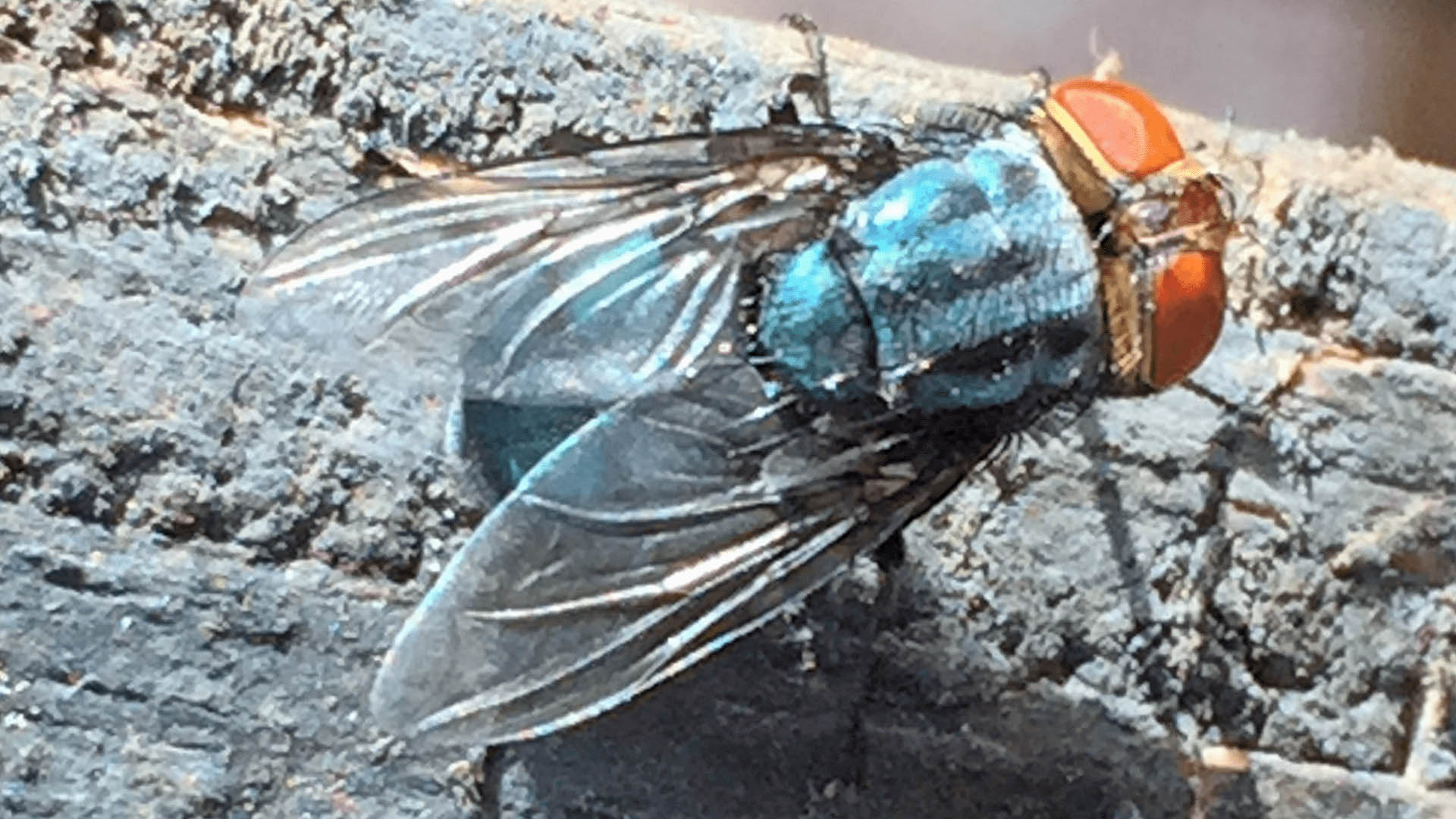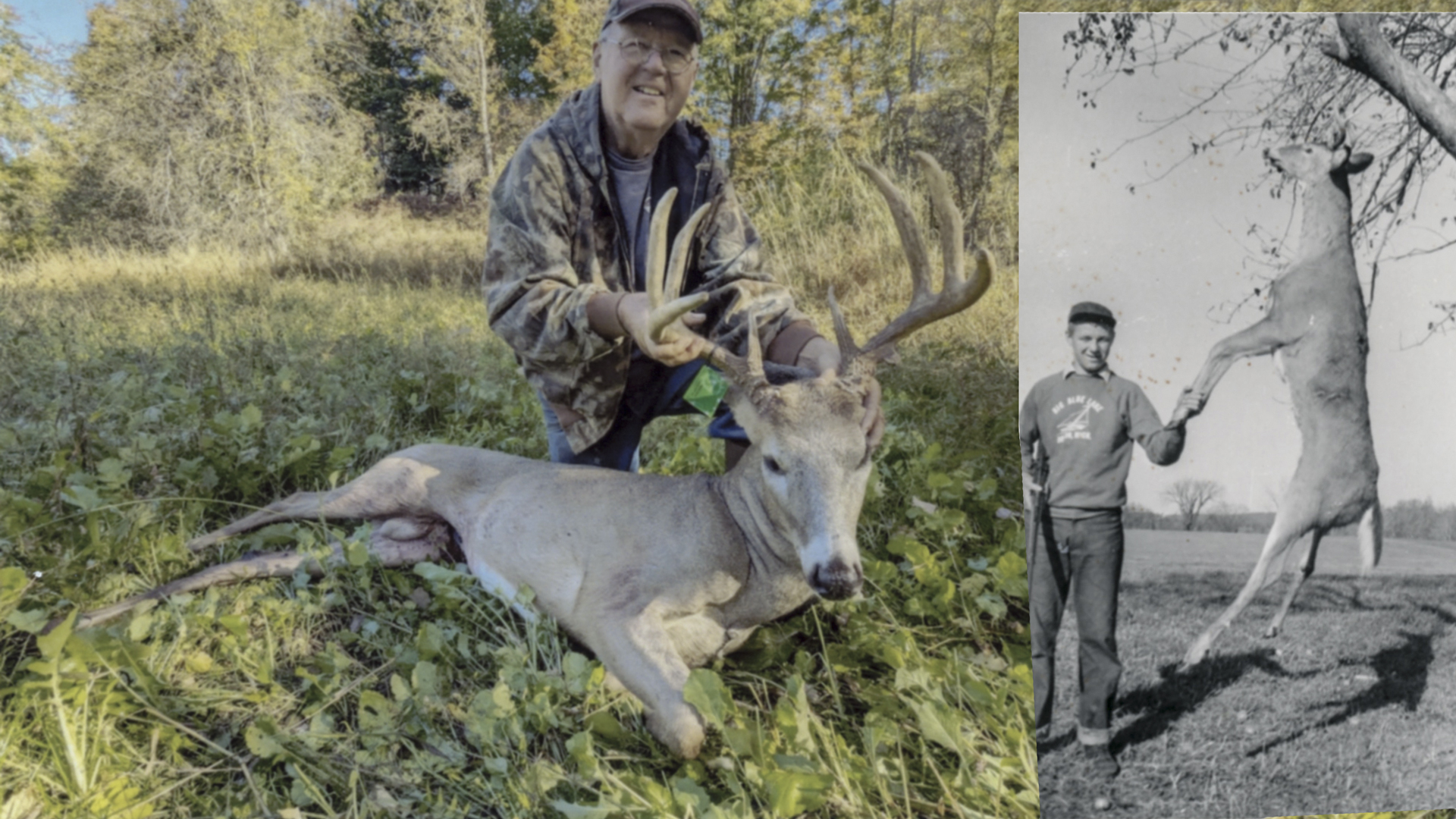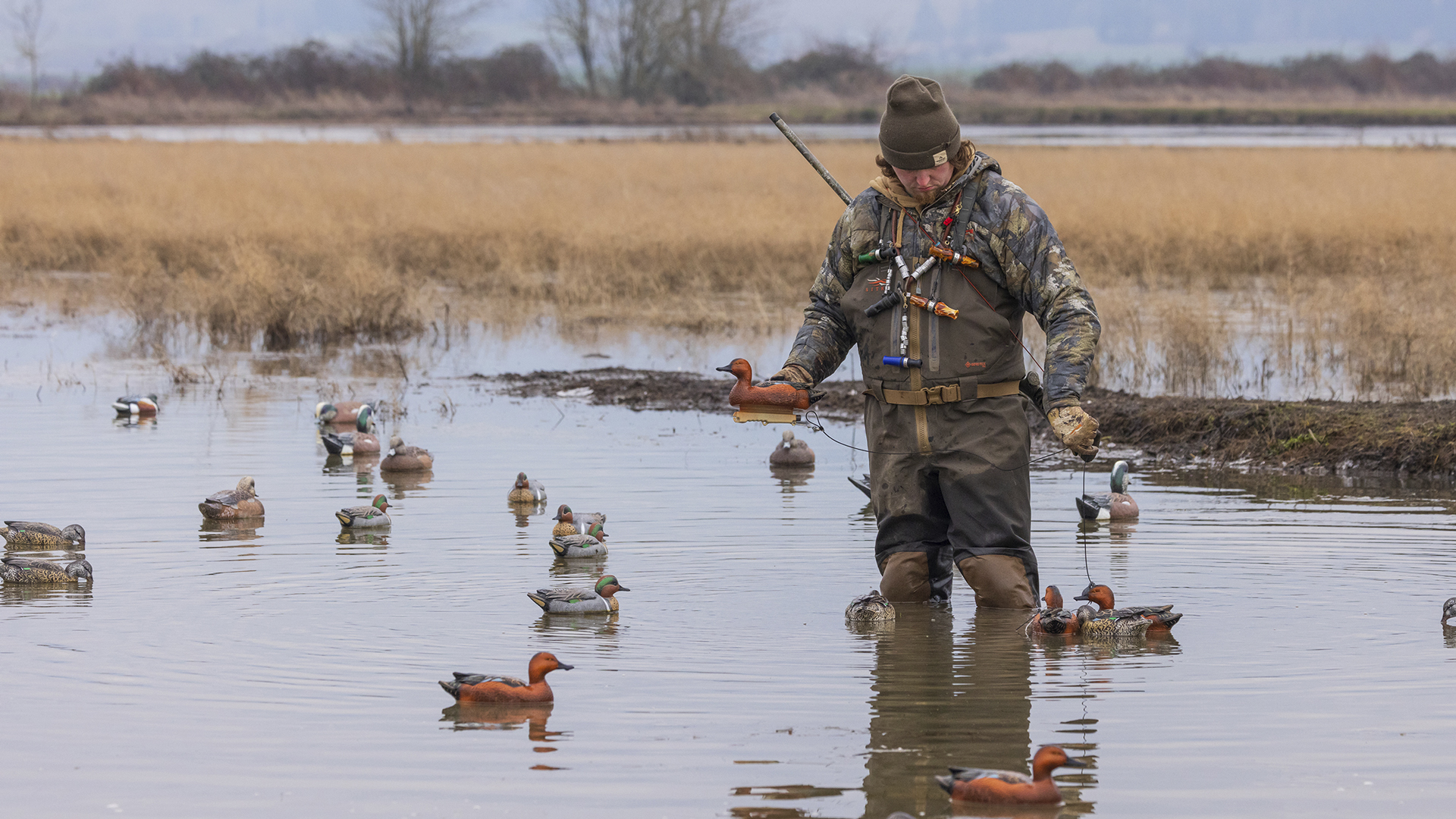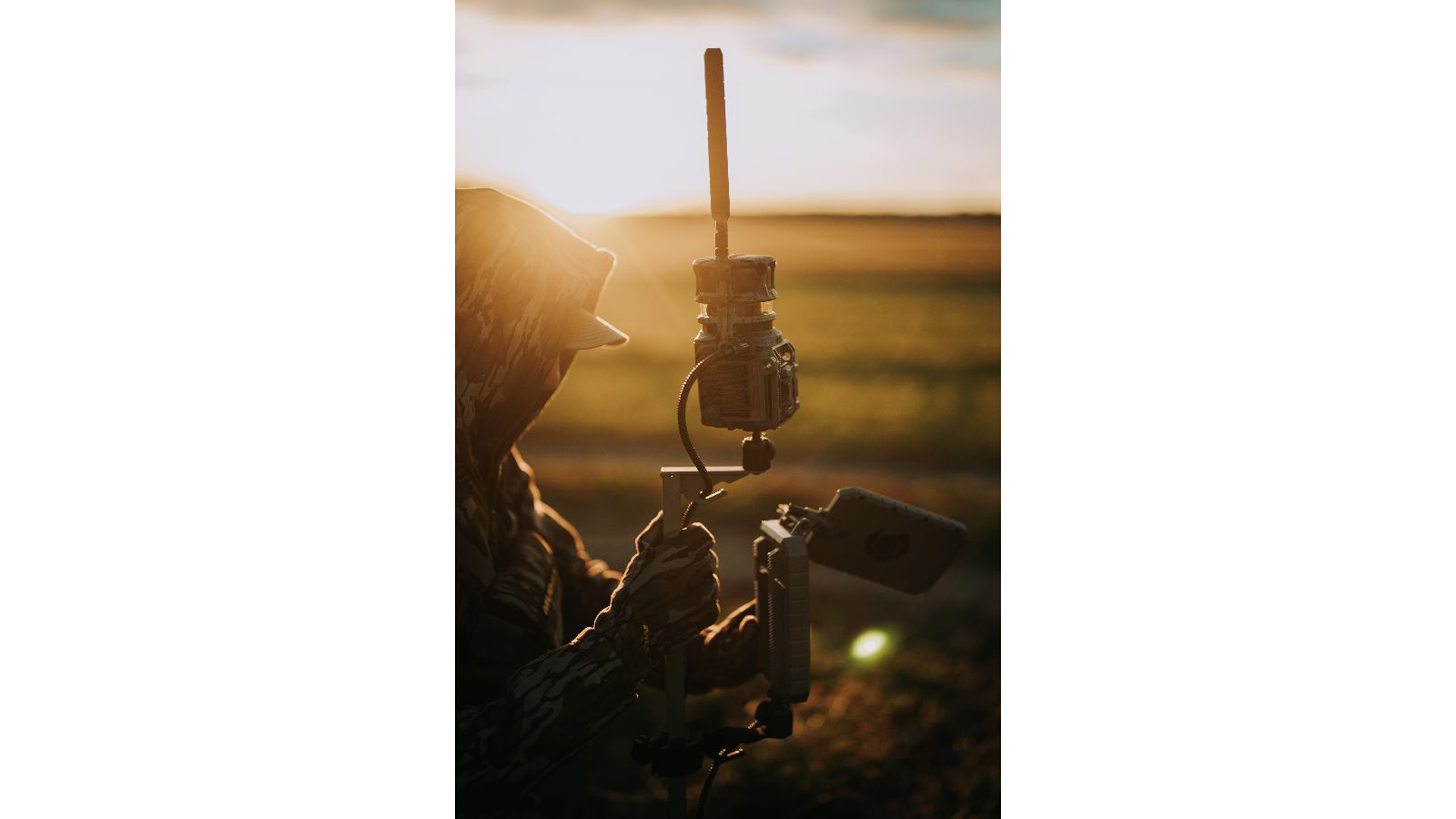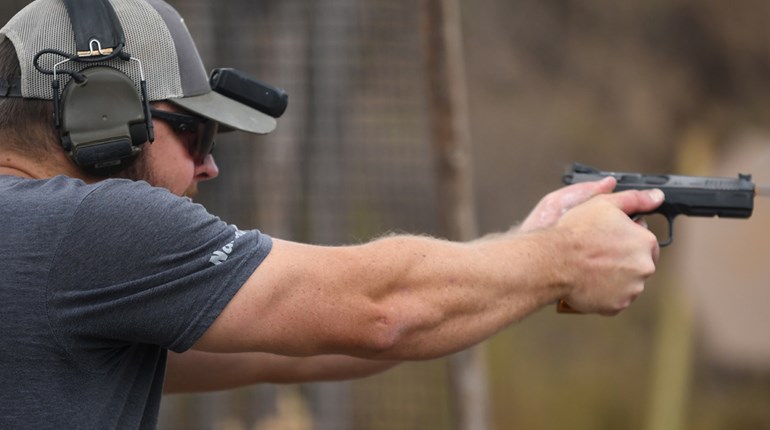
Last summer’s tragic death of a 2-year-old seized by an alligator at a Disney resort touched off a flurry of press coverage—much of it wildly uninformed—about the risk these animals pose and what the state is doing about it. Since hunter-driven conservation was a key factor in stabilizing the alligator population, and since hunting remains a vital managment tool, this discussion involves us, and so here are some facts.
At present, the Florida Fish and Wildlife Commission (FWC) estimates there are about 1.3 million resident wild alligators, up sharply from a low in the early 1960s that prompted the closure of legal hunting. The alligator population has been on the rebound since, and hunting seasons were reinstated in the 1980s.
Florida’s human population has also spiked over the past half century, rising from 4.95 million in 1960 to about 20.4 million today, and so managing alligators has been an extensive undertaking with the dual objectives of ensuring the species’ continued existence while at the same time protecting humans, pets and livestock from this potentially dangerous animal. Prior to the child’s death, alligator attacks in the state had caused 25 fatalities and 257 injuries requiring medical treatment dating back to 1948.
 Since 2010 regulated hunting has accounted for an annual statewide harvest of about 10,000-12,000 alligators, a number augmented by some 8,000 or so nuisance animals killed yearly by licensed trappers, who are called in to remove those endangering people. In 2016, the state issued 6,128 permits, but that doesn’t include hunts on private lands conducted under a separate management plan. Permit hunts are scheduled from mid-August through Nov. 1, whereas private-land hunts can occur year-round and involve the use of firearms. Ample hunting opportunities exist, and outfitters say the demand is growing.
Since 2010 regulated hunting has accounted for an annual statewide harvest of about 10,000-12,000 alligators, a number augmented by some 8,000 or so nuisance animals killed yearly by licensed trappers, who are called in to remove those endangering people. In 2016, the state issued 6,128 permits, but that doesn’t include hunts on private lands conducted under a separate management plan. Permit hunts are scheduled from mid-August through Nov. 1, whereas private-land hunts can occur year-round and involve the use of firearms. Ample hunting opportunities exist, and outfitters say the demand is growing.
Not to be overlooked is the associated license and permit fees that earn the state government a healthy yearly revenue stream, and that amount is exceeded by additional economic activity directly resulting from hunting.
What’s also a fact is that alligator hunting in Florida and Louisiana drives commerce in a way that’s unique to how big-game animals are customarily managed in the United States.
Where it’s largely forbidden to sell the meat, organs and hides of wild deer, elk, bears, etc., that’s not the case when one kills a gator in our two principal alligator states. In Florida, when the kill is handled by a licensed processor, nuisance trappers and sport hunters alike are free to sell whatever parts they choose. Likely that’s a holdover from days when the goal was to eradicate these threats to livestock and human safety, and back then, the income from gator hides and meat was important to rural communities.
But it’s starkly opposed to our prevailing conservation ethic, which holds that such economic value puts big-game populations in jeopardy.
Last fall our colleague Stan Yates (American Hunter’s Southeast sales executive) and his wife, Rebecca, each drew permits to hunt a unit near their home in northern Florida. The permits came with two tags apiece, whereupon both husband and wife scored big with respective 13- and 12-foot bull gators. Then son Jackson was able to use one tag (legally transferred) to take another big one. While the family enjoys eating the meat, the bounty from three animals weighing 500-plus pounds proved such a windfall that they sold some of it online, where Stan reports finding ready demand.
Thanks to “Swamp People” and similar TV shows, such practice is not exactly breaking news, and in the 30 years since Florida reopened alligator hunting, has it hurt the population? My view is that Sunshine State wildlife managers have charted a creative course that sustains a key natural resource while minimizing conflicts with the fast-growing human presence. Might there be something here we can carry over to managing other game that tends to be destructive or poses a threat to the human population? Future conservation could very well depend on equally creative solutions.













